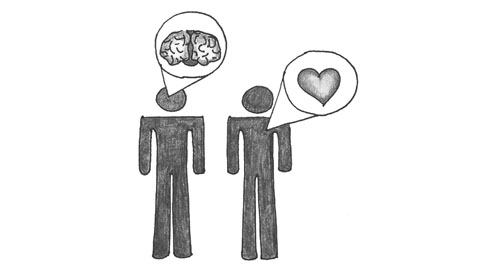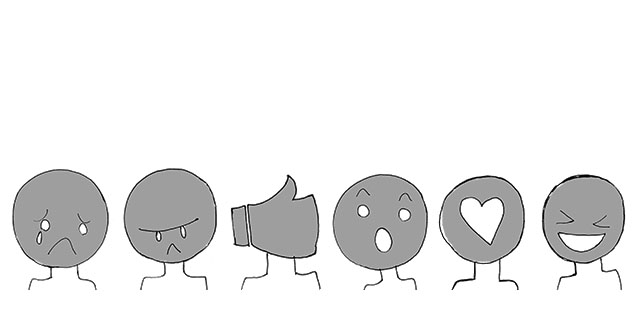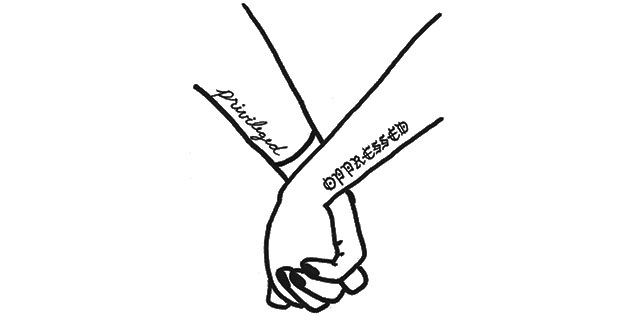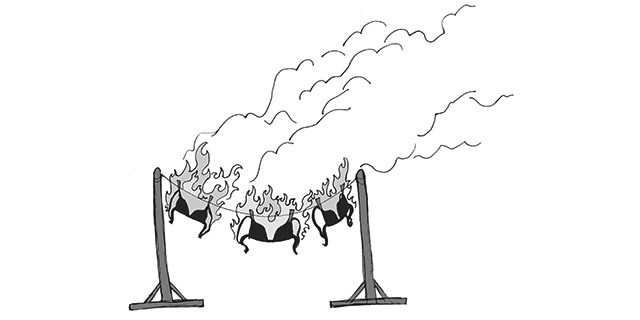
Living in the fast-paced cultures of both Marlborough School and Los Angeles while preparing for the “real world” requires dedication, stamina and the innate capability to understand what is going on. To be more specific, one must know due dates, deadlines, current music, possible SAT essay prompts, caloric intakes, whatever happened on The Bachelor last night, curfews, pop quizzes, real quizzes, GPAs, exam schedules and the like. Along with this slew of everyday worries, Marlborough girls are accountable for their mental, physical and emotional health while pursuing extracurricular activities, family time or personal endeavours. Balancing academic success, social normality, physical health and emotional well-being is the ultimate goal for the average Marlborough girl. This equilibrium requires more than just intelligence and drive; it calls for an inherent sense of self. If equipped with strong grades and a deep personal understanding, each Marlborough girl would be the perfect candidate for whatever job or career path she may choose. However, it’s not easy to have both. Does breezing one’s way through AP Physics B, Economics and AP World History ensure future success? I think not.
According to Psychology Today, emotional intelligence, also known as emotional quotient or EQ, is defined “as the ability to identify and manage one’s own emotions and the emotions of others.” Keith Beasley first coined this term in British Mensa in 1987 and it has since been popularized, especially with the 1995 publication of Daniel Goleman’s Emotional Intelligence: Why it Can Matter More Than IQ.
Psychology Today states that the three skills of one’s emotional quotient include but are not limited to the ability to identify one’s own or others’ emotions (emotional awareness), the ability to harness emotions and apply them to tasks, and the ability to manage emotions, such as regulating one’s own emotions or cheering up a friend. In contrast, an intelligence quotient (IQ) is a number derived from a specialized intelligence test, or “the ratio of a person’s mental age to their chronological age, multiplied by 100,” as Psychology Today puts it. An IQ is measured by one’s cognitive ability to understand ideas, notice patterns and analyze surroundings. It does not take creativity, emotional sensitivity or social competence into account.
The importance and relevance of IQ has begun to wane. A recent Forbes article by Keld Jensen cites a study done at the Carnegie Institute of Technology that proves that “Eighty-five percent of your financial success is due to skills in ‘human engineering,’ your personality and ability to communicate, negotiate, and lead. Shockingly, only 15 percent is due to technological knowledge.” Similarly, The New Idealist sees one’s IQ as a measure of “maximum performance,” as opposed to the EQ’s measure of “typical performance.” According to this research, it seems as though a boss would want to hire a stable, friendly, capable, approachable worker, not a Rhodes scholar who has trouble interacting in a workplace environment.
As a future member of the workforce, I agree that EQ is more important than IQ. A certain level of competence is still important but not the sole key to a cohesive workplace. Anyone can teach someone how to make an Excel spreadsheet or balance a budget, but social grace and affinity cannot be taught. A competent worker who does not work well with fellow employees pales in comparison to an affable, natural leader who can’t mentally calculate percentages.
Here at Marlborough, it’s important to remember to focus on being intelligent and happy, and to not completely lose it over an AP Chemistry test. All Violets are exceedingly intelligent, and all Violets are strong and independent leaders who express opinions. We all work unwaveringly hard towards that 2400 or 36 or 5, but once each student gets over the initial overwhelming wave of academic stress, she will strive to change for the better, to become more empathetic and more supportive and to lead the next generation.










